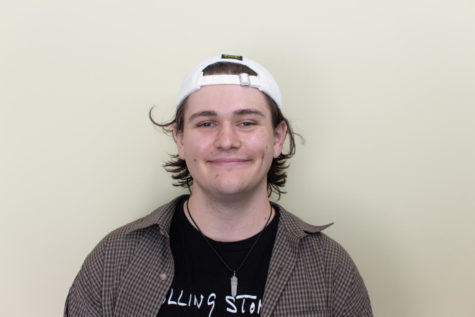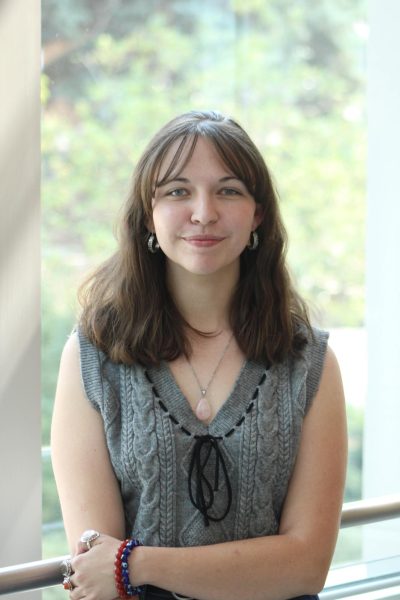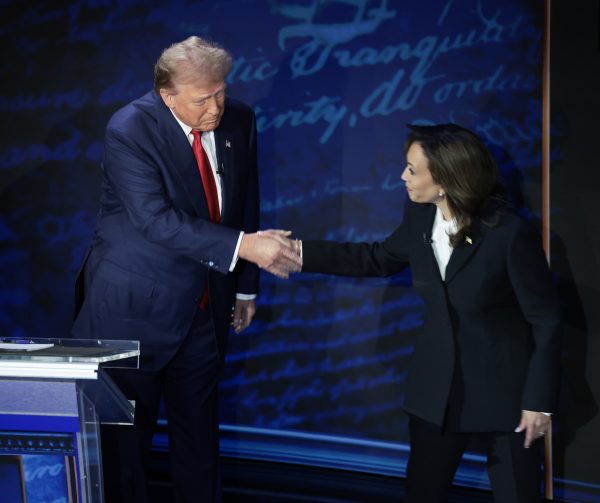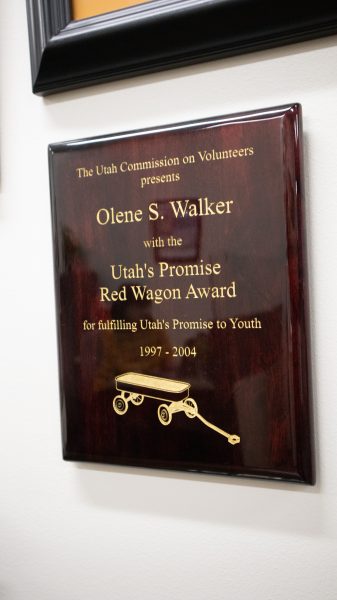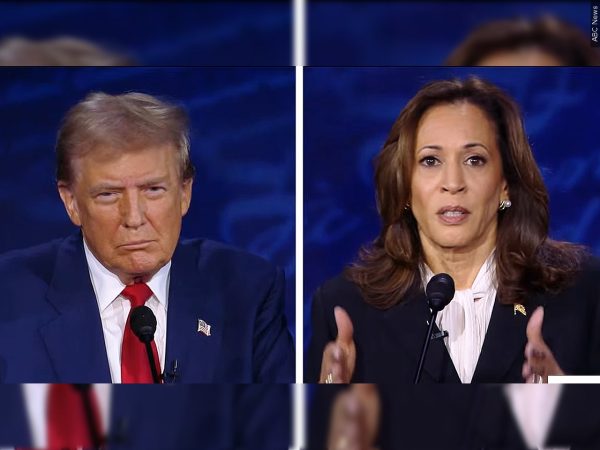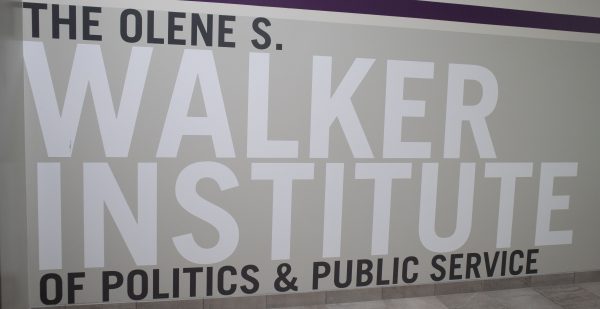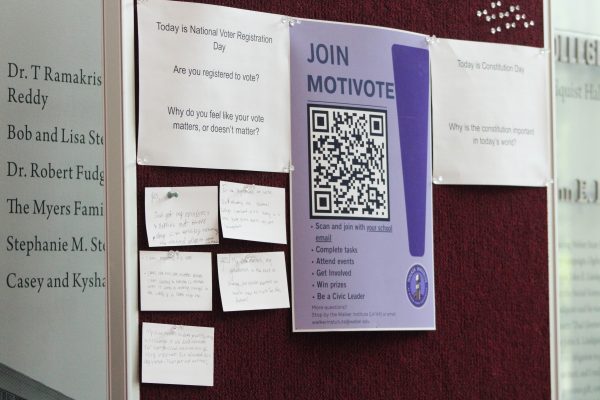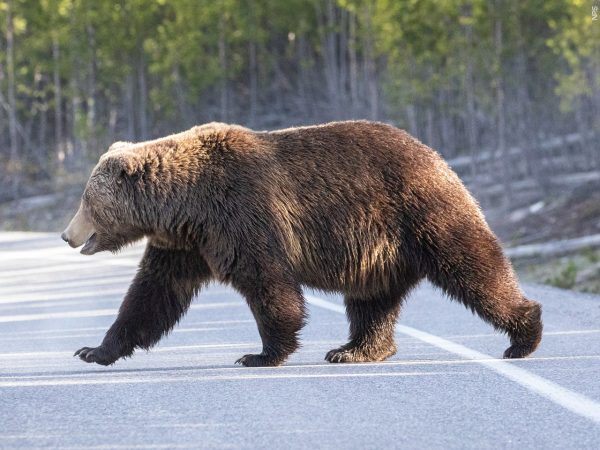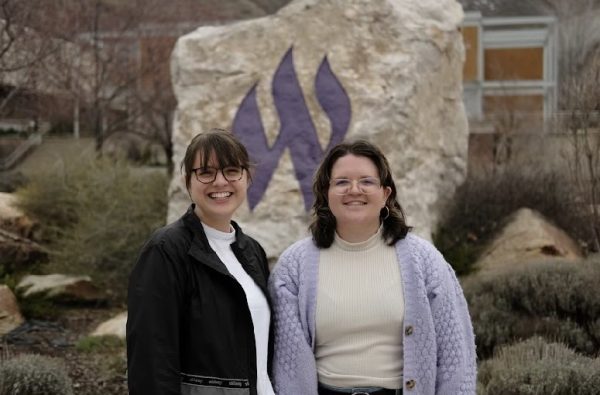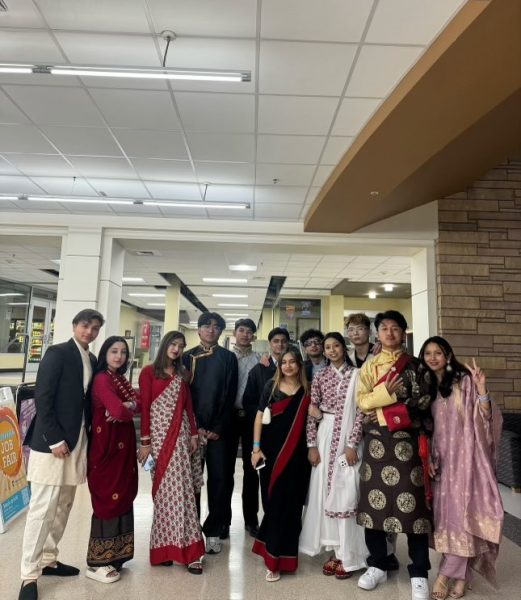Job Info Jamboree
Students received the opportunity to learn about different jobs on campus in the “Jobs You Didn’t Know You Wanted” lecture series. The series started with its first installment on Sept. 23 and will continue on Oct. 28 and Nov. 11.
The lecture series offers insight to students on science-related jobs that are available to them in the community while also discussing ways to get a job after college.
These events were organized by Michelle Paustenbaugh, a WSU chemistry professor, to get students thinking about careers after college.
The first edition of this series brought in three guest speakers from different fields who shared their work experiences with the group.
Paustenbaugh said she wants students to know these jobs exist and everything the College of Science provides will help lead students to those jobs.
One of the presenters was Rachael Bush, a botanist, artist, author and WSU alum. Bush shared with students how her career has changed over the years.
Bush got her degree in botany, working as a botanist right out of school. She started teaching botany classes at charter schools while selling her art. She is now working towards illustrating and publishing her botany textbooks.
“The community in this state is very small,” Bush said. “Just keep that in mind when you’re interacting with other people. Even if you think you might never see them again, you might.”
The second speaker was Megan Cook, an autopsy assistant supervisor at the Utah Office of the Medical Examiner and Weber State alum.
Cook discussed her time at Weber State and how her involvement in the zoology program gave her the human anatomy background to be an autopsy assistant for the state.
Cook shared various entry level positions at the Medical Examiner’s Office alongside internships that could get you started in this career field.
The last speaker was Abigail Weymouth, an environmental health scientist for the Weber-Morgan Health Department.
“I’m the only one at the office who has a general health degree,” Weymouth said. “it gives me a little bit of an edge.”
Weymouth discussed how in her general health program, she learned how to write grants that are important in her career field, along with her knowledge of how to manage sewage. Weymouth also discussed her specialization in testing and cleaning houses that had been exposed to meth.
“I recommend taking a lot of classes to find out what you don’t want to do,” Bush said. “It is a really great way of doing the process of elimination.”
Some students gained insight on how to apply what they learn at WSU into their careers, no matter how small the skill is.
“It was also cool, just like, seeing how they combine different aspects of what they do like into one career,” Tias Nevarez, a WSU student, said.
The lecture series will continue to provide students who attend the classes with free pizza and the opportunity to learn about various science careers that are available in our community.



